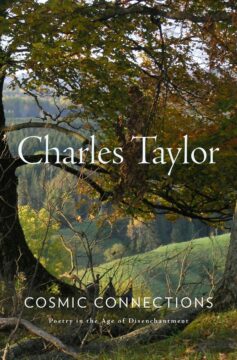George Scialabba in Commonweal:
 The passage from Enlightenment to Romanticism at the end of the eighteenth century was perhaps the most deeply felt crisis in European intellectual history. The Age of Reason had seen such extraordinary strides in scientific discovery and political liberty that the future progress of both mind and society seemed to many already marked out. Two groups of people were unhappy about this. Traditionalists, both religious and political, regarded the party of Reason as a nuisance, to be swatted away rather than argued with in earnest. The Enlightenment’s scientific materialism and anti-authoritarianism seemed to them sheer perversity, old heresies in a new garb. But by the time the party of Reason morphed into the party of Revolution, it was too late for swatting; and by the mid-nineteenth century the traditionalists had retreated into a long defensive crouch that lasted until quite recently.
The passage from Enlightenment to Romanticism at the end of the eighteenth century was perhaps the most deeply felt crisis in European intellectual history. The Age of Reason had seen such extraordinary strides in scientific discovery and political liberty that the future progress of both mind and society seemed to many already marked out. Two groups of people were unhappy about this. Traditionalists, both religious and political, regarded the party of Reason as a nuisance, to be swatted away rather than argued with in earnest. The Enlightenment’s scientific materialism and anti-authoritarianism seemed to them sheer perversity, old heresies in a new garb. But by the time the party of Reason morphed into the party of Revolution, it was too late for swatting; and by the mid-nineteenth century the traditionalists had retreated into a long defensive crouch that lasted until quite recently.
The Romantics’ quarrel with the Enlightenment was more intimate and impassioned. The Romantics embraced Enlightenment rationalism, as far as it went, but protested that it left many important questions unanswered. “Is that all?” the nineteenth century rebuked the eighteenth. “How does your Reason account for Spirit, Beauty, Community, Art? Why are Intuition and Imagination not equally valid sources of truth?”
More here.
Enjoying the content on 3QD? Help keep us going by donating now.
